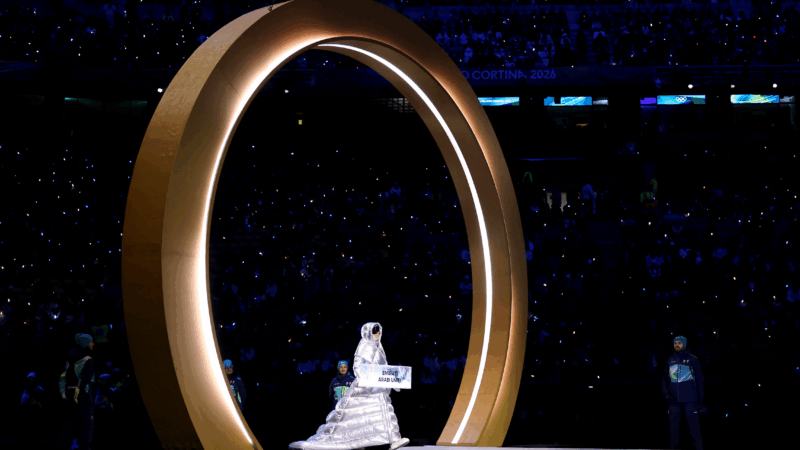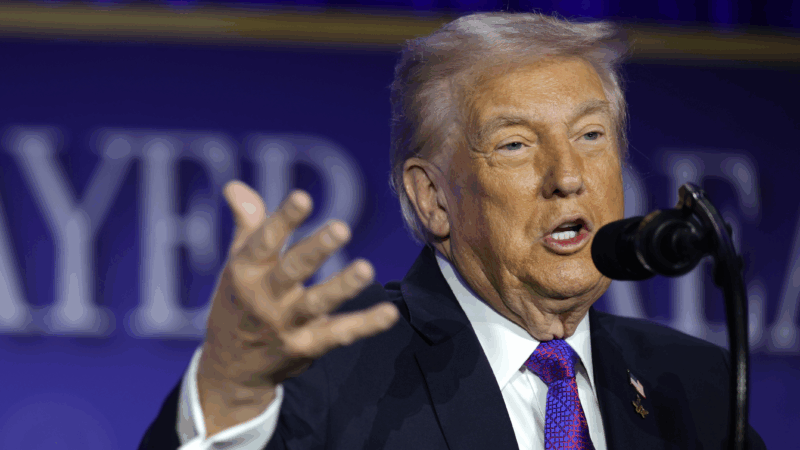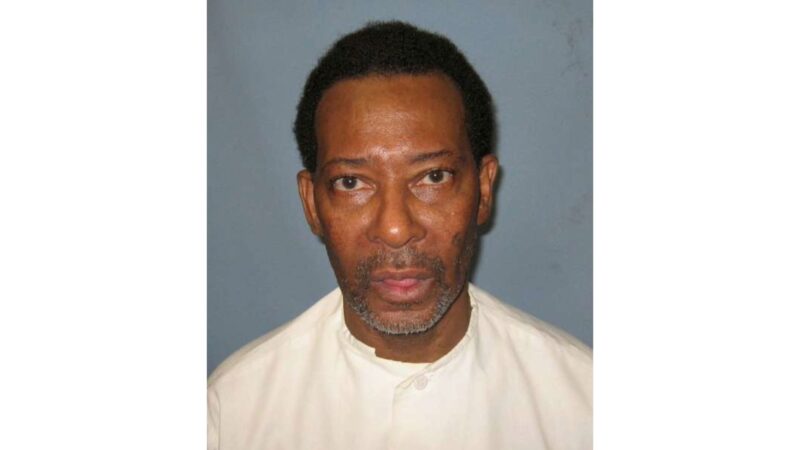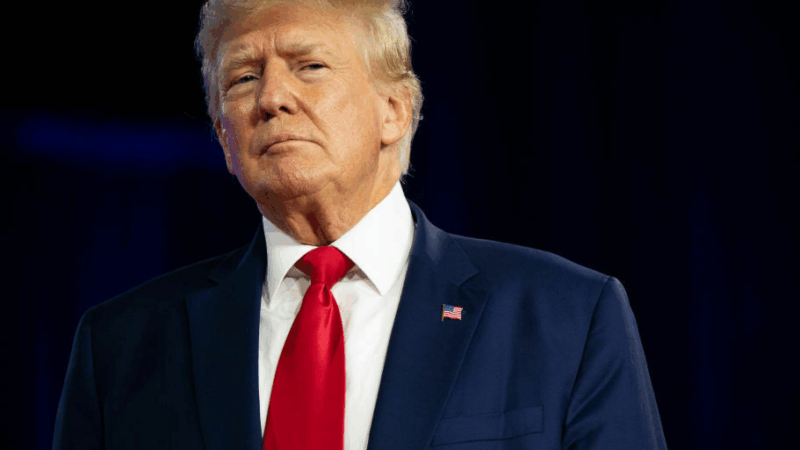The legacy of Hulk Hogan’s sex tape scandal
For decades Hulk Hogan, the larger than life wrestling character whose given name is Terry Bollea, dominated American popular culture. He helped thrust pro-wrestling onto the world stage, starred in television shows, movies and cartoons. But it was much later in his life that he also dominated legal discussions about the First Amendment and celebrities’ right to privacy.
His body slam of a victory over Gawker Media in 2016 will be remembered as part of the wrestler’s legacy, following his death at the age of 71 on Thursday. Although the case didn’t set new legal precedent it was a jolt to the system for the media. It showed the limits of First Amendment protections when it came to explicit video and demonstrated to regular people that they had the right to privacy in the digital age. It also made clear the idea that even if something is newsworthy, showing graphic depictions of it constitutes an invasion of privacy.
Backed by billionaire Peter Thiel, who had been outed as gay by the outlet, Hogan sued Gawker, a news and gossip site, after it published a surreptitiously videotaped sexual encounter between Hogan and the wife of a former friend. The black and white video was published under the headline, “Even for a Minute, Watching Hulk Hogan Have Sex in a Canopy Bed is Not Safe For Work But Watch It Anyway” and was accompanied by a lengthy article describing the tryst.
Throughout the civil suit, Hogan maintained he was unaware that he was being taped and that publication of the sexual encounter was an invasion of privacy. Meanwhile, Gawker attorneys said it got the tape through an anonymous source and argued it had the right to publish news that is true. In the end a Florida jury awarded Hogan $140 million in the civil suit, ultimately leading to the demise of Gawker Media.
The case raised major questions about the line between freedom of expression and privacy, and what is actually newsworthy. Questions that needed to be reexamined in light of the invention of the internet, Amy Gajda, a Brooklyn Law School professor told NPR.
“Some of my research has shown that previously, privacy really wasn’t much of an issue, because before the internet the only publishers mainly were mainstream news, media outlets and ethics restrictions kept those people from publishing deeply personal information,” Gajda, a First Amendment law expert, said.
Those outlets did a lot of self-censoring when it came to deeply personal information, including nudity or graphic sexual information, and medical records, which are protected under existing privacy laws, she said. But in the age of the internet, it was unclear if those same guardrails were expected to stay in place.
Rodney Smolla, president of the Vermont Law and Graduate School said Hogan v. Gawker proved “to be a turning point case in the culture or media law,” even though it did not set any new legal precedents.
“If they’d published still photos or even pixelated the most graphic parts of the video, Gawker could have gotten away with it. They would have won their case under the existing freedom of the press laws,” Smolla, a First Amendment scholar, told NPR.
“Normally, usually, Freedom of the Press trumps privacy laws but by showing actual sexual intercourse, in the eyes of a lot of people, [Gawker] just went too far.”
“In the past, things were left to our imagination,” Gajda said. Media outlets seeking to push the envelope might choose to run racy photographs using black bars over nude body parts when they wanted to publish titillating information. But, Gajda stressed, they knew if they took it too far, there would be a lawsuit or backlash from readers.
While Hogan’s verdict was a coup for celebrities, Gajda said his legacy is one that is more relevant for regular people because it taught them about their own rights when it comes to a breach of privacy, even when something is true. That is especially relevant for people caught in cases of revenge porn, Gajda explained. Many people wrongly believed, she said, that if they shared nude images of themselves to someone else, the other person had the power to publish such images.
Smolla said the repercussions of the lawsuit have been primarily felt by “responsible media, who now feel even more pressure to abide by journalistic standards and not expose themselves to bankruptcy.”
“It was a shot against the bow,” the First Amendment scholar noted, adding that the case also “established the notion that it’s just not true that anything goes, and it’s just not true that you can show anything about anybody that’s a celebrity, and feel that you have no liability for invading their privacy.”
Mariah Carey, coffee makers and other highlights from the Olympic opening ceremony
NPR reporters at the Milan opening ceremony layered up and took notes.
Trump’s harsh immigration tactics are taking a political hit
President Trump's popularity on one of his political strengths is in jeopardy.
A drop in CDC health alerts leaves doctors ‘flying blind’
Doctors and public health officials are concerned about the drop in health alerts from the Centers for Disease Control and Prevention since President Trump returned for a second term.
Photos: Highlights from the Winter Olympics opening ceremony
Athletes from around the world attended the 2026 Winter Olympics opening ceremony in Milan.
Alabama sets execution for man in auto parts store customer’s death
Gov. Kay Ivey on Thursday set a March 12 execution using nitrogen gas for Charles “Sonny” Burton. Burton was convicted as an accomplice in the shooting death of Doug Battle, a customer who was killed during an 1991 robbery of an auto parts store in Talladega.
Trump posts racist meme of the Obamas — then deletes it
Trump's racist post came at the end of a minute-long video promoting conspiracy theories about the 2020 election.







